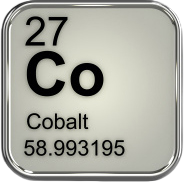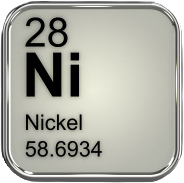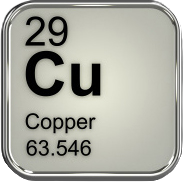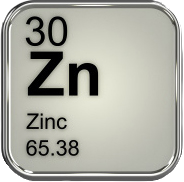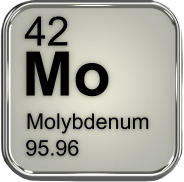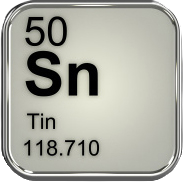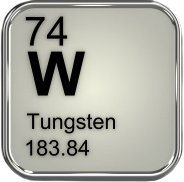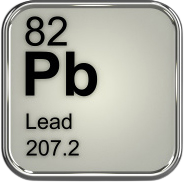Metals
- Home
- Metals
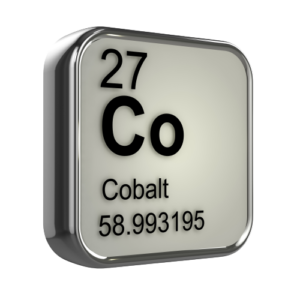
Cobalt
The two most important applications of cobalt reside in alloys and in rechargeable batteries, our feed is generally a Nickel/Cobalt or Tungsten/Cobalt material containing some Precious Metals. We have the technical ability to determine the chemical process required to separate and extract these valuable metals. Our customers rely on us to recycle their Cobalt-bearing byproducts from various forms and compositions.
Cobalt
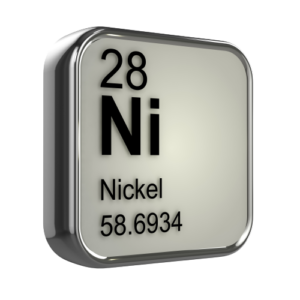
Nickel
We pride ourselves on developing unique processes that allows us to recover and generate a Nickel product that can be introduced back into the manufacturing circuit or further refined by a smelter. Our customers rely on us to recycle their spent Nickel catalysts, off-specification solutions, Nickel filtercakes, Nickel slurries or removing coatings from Nickel substrates.
Nickel
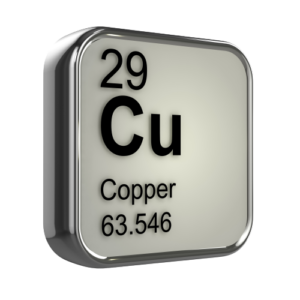
Copper
We have a strong presence within the Copper industry, however, we have absolutely no interest in becoming a scrap dealer. Our interests lie with recovering Copper units from complex metal-bearing materials. These materials are generally undesirable to most recyclers. We also have the capability of removing metallic coatings from Copper substrates. Our customers rely on us to recycle their spent Copper catalysts, Oily Copper-bearing materials, Tin/Copper, Lead/Copper, and Copper/Tungsten materials.
Copper
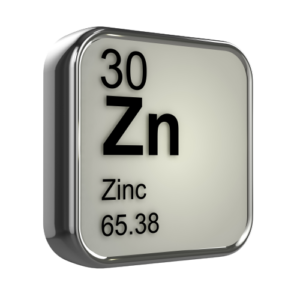
Zinc
Our hydrometallurgical processes allow us to optimize the chemistry required to obtain the best recovery rate and economic return for your Zinc material. Our customers rely on us to recycle their off-specification chemicals, spent Zinc solutions and Zinc dusts/powders and filtercakes.
Zinc
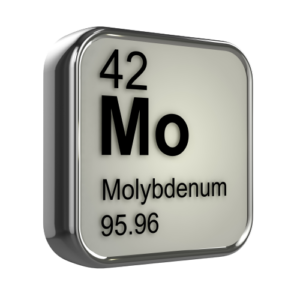
Molybdenum
Our experience in complex-metal processing has allowed us to develop cost-efficient recovery methods for Molybdenum. Due to its physical properties, Molybdenum is predominantly used in steel alloys to increase strength, corrosion, and heat resistance. Our multi-stage processing circuits allow us to recover this valuable metal from a complex cluster of valuable elements. Our typical materials are comprised of other metals such as Tungsten, Nickel, Copper, Cobalt, Tantalum, and Niobium.
Molybdenum
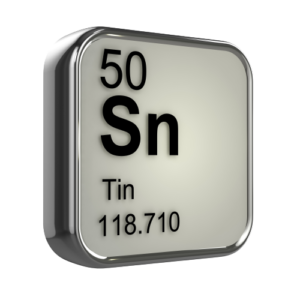
Tin
Metal Solutions has been processing Tin-bearing byproducts at its facility in Casa Grande, AZ since its inception in 2000. We are the world’s largest hydrometallurgical tin operation. We produce a high-grade Tin filtercake that goes to a smelter for conversion into pure Tin metal ingots, which is later sold on the London Metal Exchange (LME). Our predominant materials are comprised of Tin, Oily Tin, Tin/Zinc, Tin/Copper, Solder, Babbitt, Organotin, Tin dross, spent Tin catalyst and Tin-coated substrates.
Tin
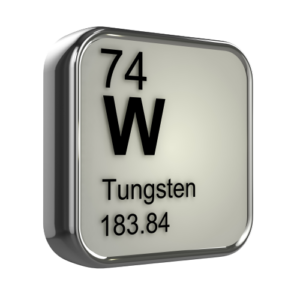
Tungsten
With the highest melting point of all metals, we have developed a state-of-the-art multi-step hydrometallurgical process designed to recover Tungsten from complex streams. These industrial byproducts are comprised of a complex agglomeration of valuable metals which we extract and concentrate at our facility in AZ. Our typical feed contains a combination of the following metals: Tungsten, Molybdenum, Cobalt, Nickel, Copper, Tantalum and Niobium, from various physical forms and compositions.
Tungsten
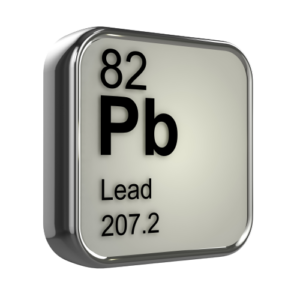
Lead / Tin
With our 40 years’ experience in the processing and recovery of Lead from complex metal-bearing materials, we have managed to grow our reach and reputation around the world. Over the years, we have developed long-lasting business relationships with both lead users and smelters alike. We pride ourselves on obtaining the best recovery rates and thus providing best economic returns for your material. Our customers rely on us to recycle their Lead flakes, Lead slimes, and Lead/Copper materials.
Lead / Tin

